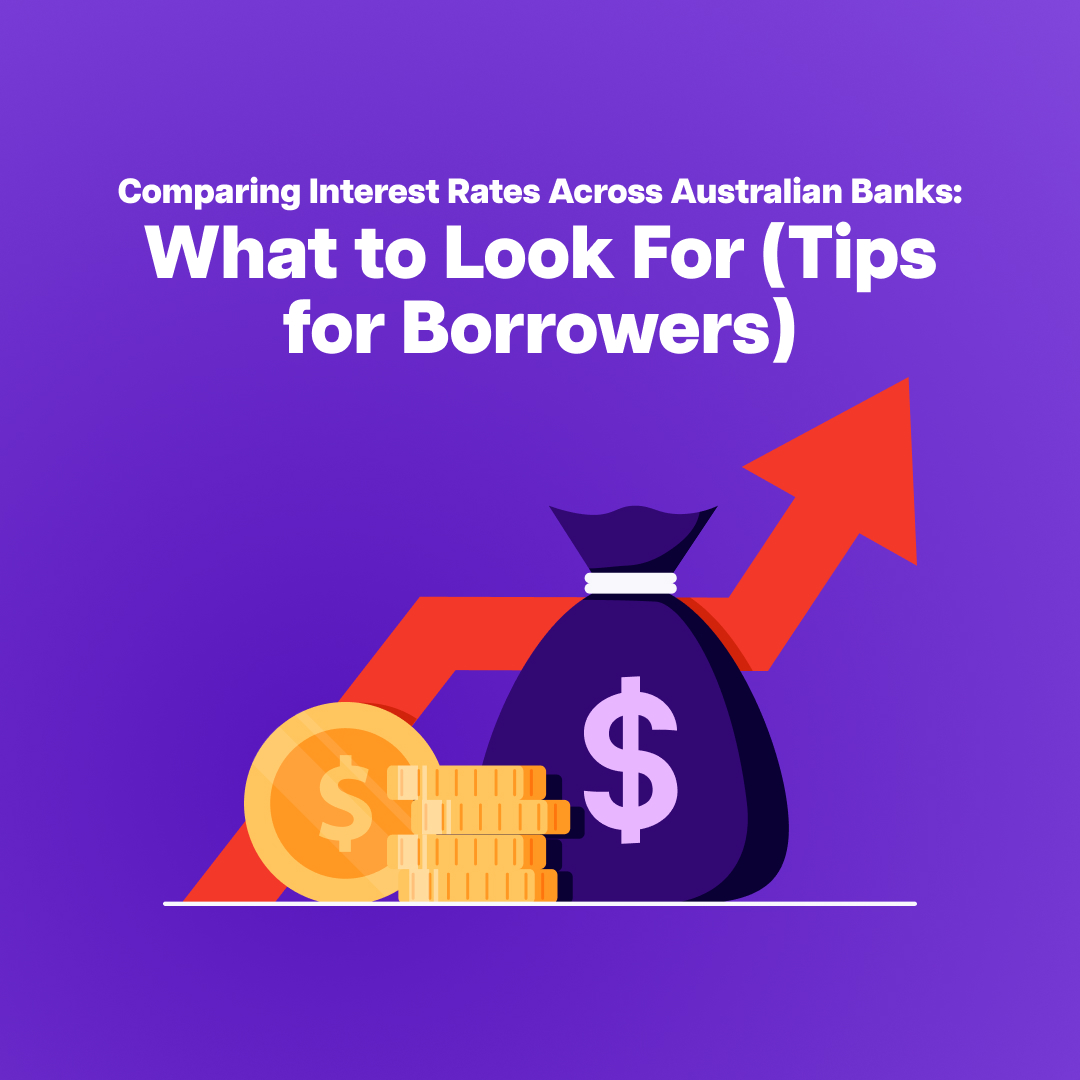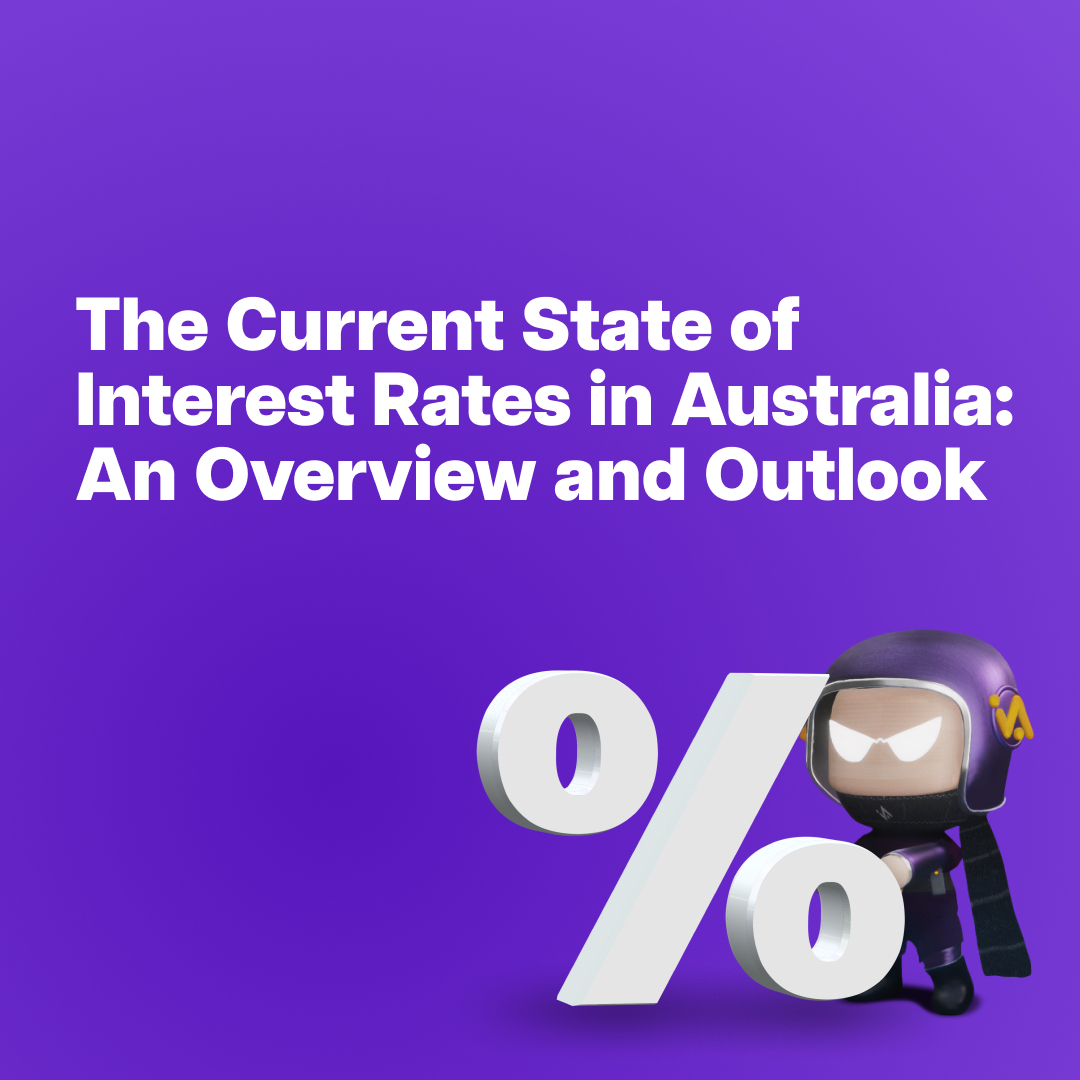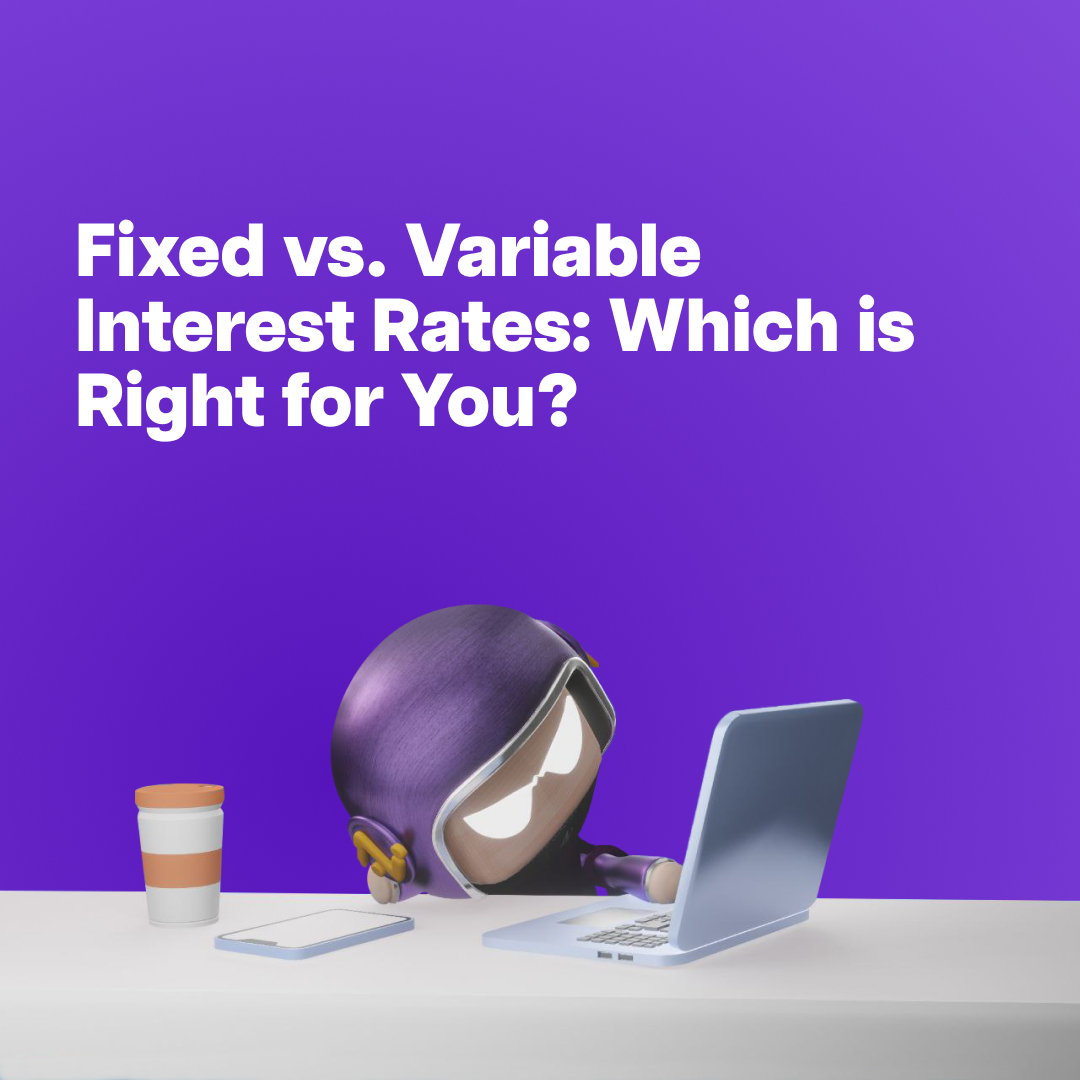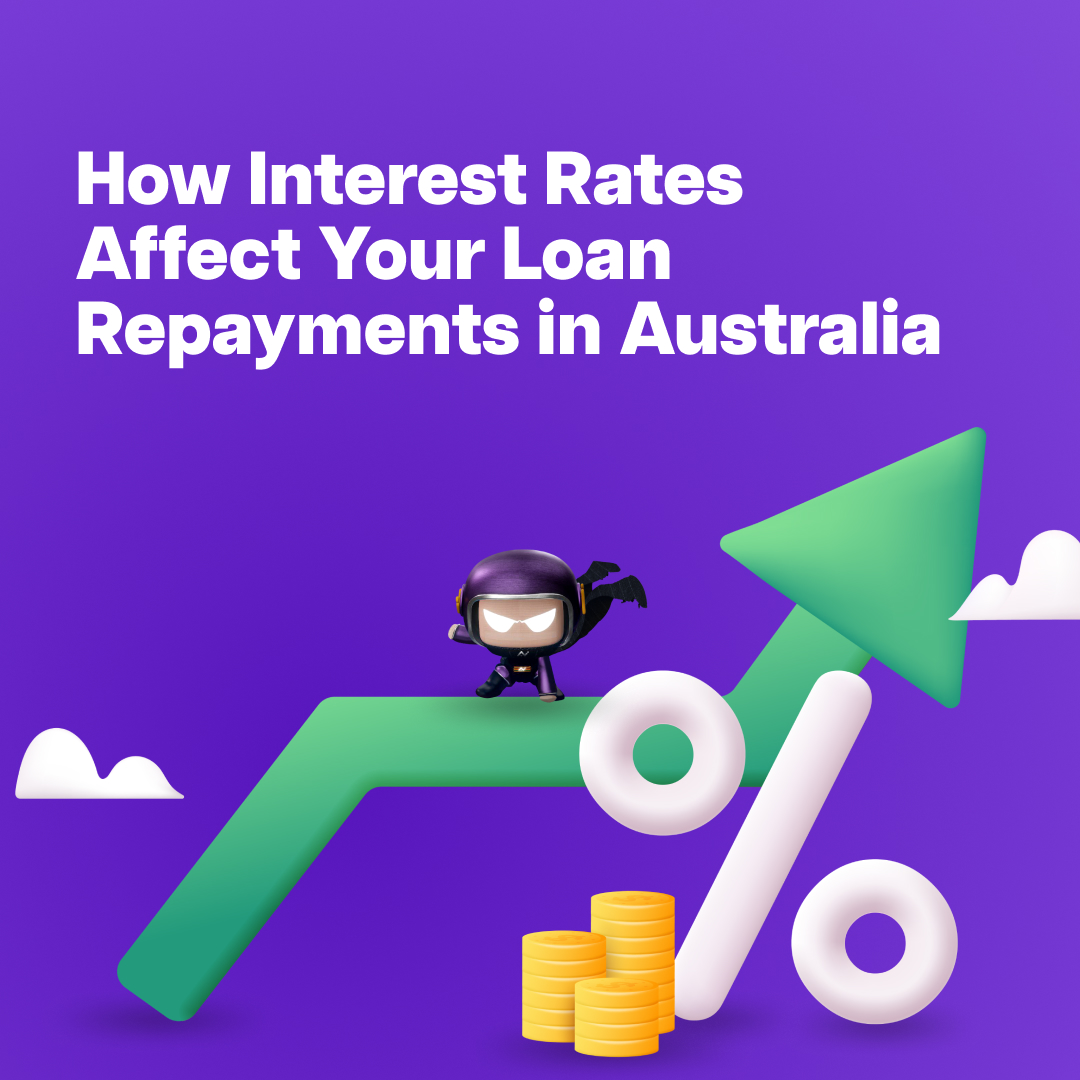Sign up to our fortnightly newsletter that adds value to your mornings - rather than just adding clutter to your inbox.
While you wait for your morning coffee, get educated on all things money management, taxes, interest rates and credit scores - to help improve your financial wellness


The Current State of Interest Rates in Australia: An Overview and Outlook
Interest rates play a significant role in any economy, including Australia. The Reserve Bank of Australia (RBA) sets the official cash rate, which has a massive impact on interest rates for various...

Fixed vs. Variable Interest Rates: Which is Right for You?
When it comes to choosing an interest rate for your mortgage or other financial product, there are two main options: fixed and variable rates. Each has its advantages and disadvantages, and the decision can have significant long-term implications for your finances. Let’s explore the differences between fixed ...

How Interest Rates Affect Your Loan Repayments in Australia
Interest rates are a critical factor in determining the cost of borrowing money. In Australia, interest rates have a significant impact on loan repayments, whether you're taking out a mortgage, personal loan, or other forms of credit. In this article, we'll take a closer look at how interest rates affect...

Comparing Interest Rates Across Australian Banks: What to Look For (Tips for Borrowers)
When it comes to borrowing money, one of the most critical factors to consider is the interest rate.
When it comes to borrowing money, one of the most critical factors to consider is the interest rate. Interest rates can vary significantly between banks, and finding the best rate can save you thousands of dollars over the life of a loan. In this article, we'll discuss what to look for when comparing interest rates across Australian banks, with tips to help you find the best deal.
Before diving into the specifics of comparing interest rates, it's essential to understand what they are and how they work. Interest rates are the cost of borrowing money, expressed as a percentage of the amount borrowed. The interest rate can be fixed or variable, and it can vary depending on factors such as the loan term, the size of the loan, and the borrower's credit score.
When you borrow money, you must pay interest on the principal amount. The interest is typically paid back over the life of the loan, along with the principal, in the form of regular repayments. The interest rate you pay can significantly impact the total amount you repay over the life of the loan.
When comparing interest rates across Australian banks, it's essential to look beyond the advertised rate. There are several factors to consider when evaluating interest rates, including:
Different loans may have different interest rates, depending on the borrower's creditworthiness and the type of collateral (if any) being used to secure the loan.
Longer loan terms may have higher interest rates, as the lender is taking on more risk by lending money for an extended period.
Larger loans may have lower interest rates, as lenders can spread the risk across a more substantial amount of money.
Lenders may charge upfront or ongoing fees, which can significantly impact the overall cost of the loan.
When comparing interest rates across Australian banks, here are some tips to help you find the best deal:
Do your research: Start by researching the interest rates and loan terms offered by various lenders. You can use online comparison sites or speak to a mortgage broker to help you find the best deal.
Look beyond the interest rate: Don't just focus on the interest rate when evaluating loan offers. Consider factors such as fees, charges, and loan terms to determine the total cost of the loan.
Negotiate: Don't be afraid to negotiate with lenders to get a better deal. Lenders may be willing to reduce fees or offer a lower interest rate to secure your business.
Consider the long-term costs: Remember that the interest rate is just one factor in the overall cost of the loan. Consider the long-term costs of the loan, including fees, charges, and the total amount you'll repay over the life of the loan.
According to recent data from the Australian Bureau of Statistics, the average variable home loan interest rate in Australia is currently around 5.9%, while the average fixed rate is around 6.1%. However, these rates can vary significantly between lenders, with some offering rates as low as 4.9% for variable loans and 5.2% for fixed-rate loans.
It's also worth noting that interest rates can fluctuate over time, and borrowers may be impacted by changes in the cash rate or other economic factors. As such, it's essential to stay informed about the latest trends and projections when considering borrowing money.
Still have questions?
If you have any questions or enquiries,
visit our FAQ bunker or give us a call.

